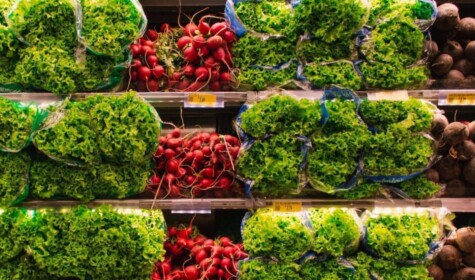Currently, there are several government consultations taking place – gene editing, bovine TB, the Welsh Agriculture Bill, food trade and more, some of which the SFT has responded to and all of which are evoking strong emotions and responses. Some of these discussions relate to regulation – for instance, should the government outlaw various pesticides or designate the whole of Wales as a nitrate vulnerable zone? Should it permit gene editing which is likely to set a precedent for allowing the production of GMO crops and a further narrowing of the gene pool?
But alongside regulation, there are a range of other ways in which damaging practices can be discouraged and the right kind of farming practices encouraged, including government policy incentives, food company sourcing criteria and food labelling, certification schemes and support from the investment community.
Whatever the government decides about gene editing, the use of glyphosate or other inputs and practices which are causing damage to the environment or public health, change is coming anyway.
I say that because there is a third force at work here which will drive change in more ways than we have yet imagined – and rapidly too! The source of this third force is the growing awareness amongst millions of citizens that the consequences of continuing to farm intensively in the way that we have for the last century are unacceptable: potentially irreversible climate change, pollution, biodiversity loss and massive negative impacts on public health.
This change in public awareness is already well understood by many leading food companies and retailers who are thinking about introducing regenerative agriculture programmes. These are likely to find expression in the emergence of new conditions and definitions that will form the basis of buying criteria for their producers.
Similarly, many companies who are working with the Ellen MacArthur Circular Economy projectunderstand that their own customers are becoming increasingly concerned about the impact of food systems on these impending disasters, and they are expecting the companies that supply their food to take action. Those same companies know that unless they do, they will lose market share. As the chief executive of Yum Brands, the holding company for Pizza Hut, Taco Bell and Kentucky Fried Chicken, said to me a few years ago ‘we need to listen because many of our younger customers no longer think it’s cool to eat in our restaurants.’
Citizen power acting in the marketplace – now that is a force for change!






